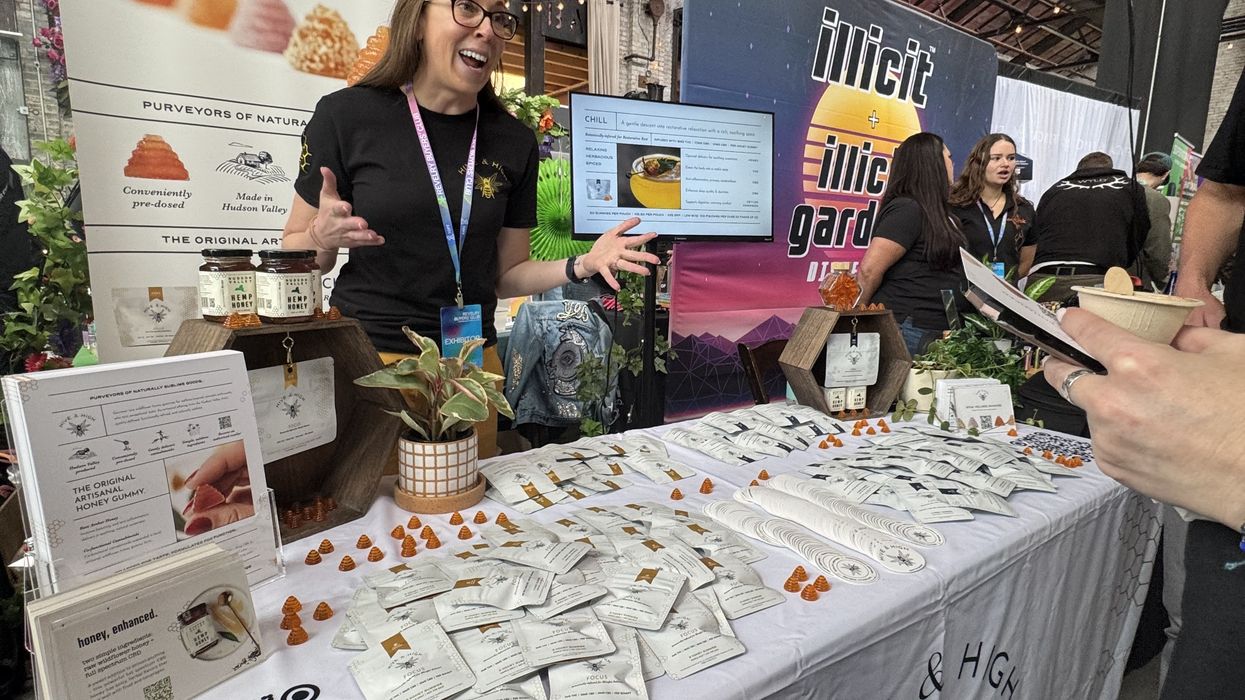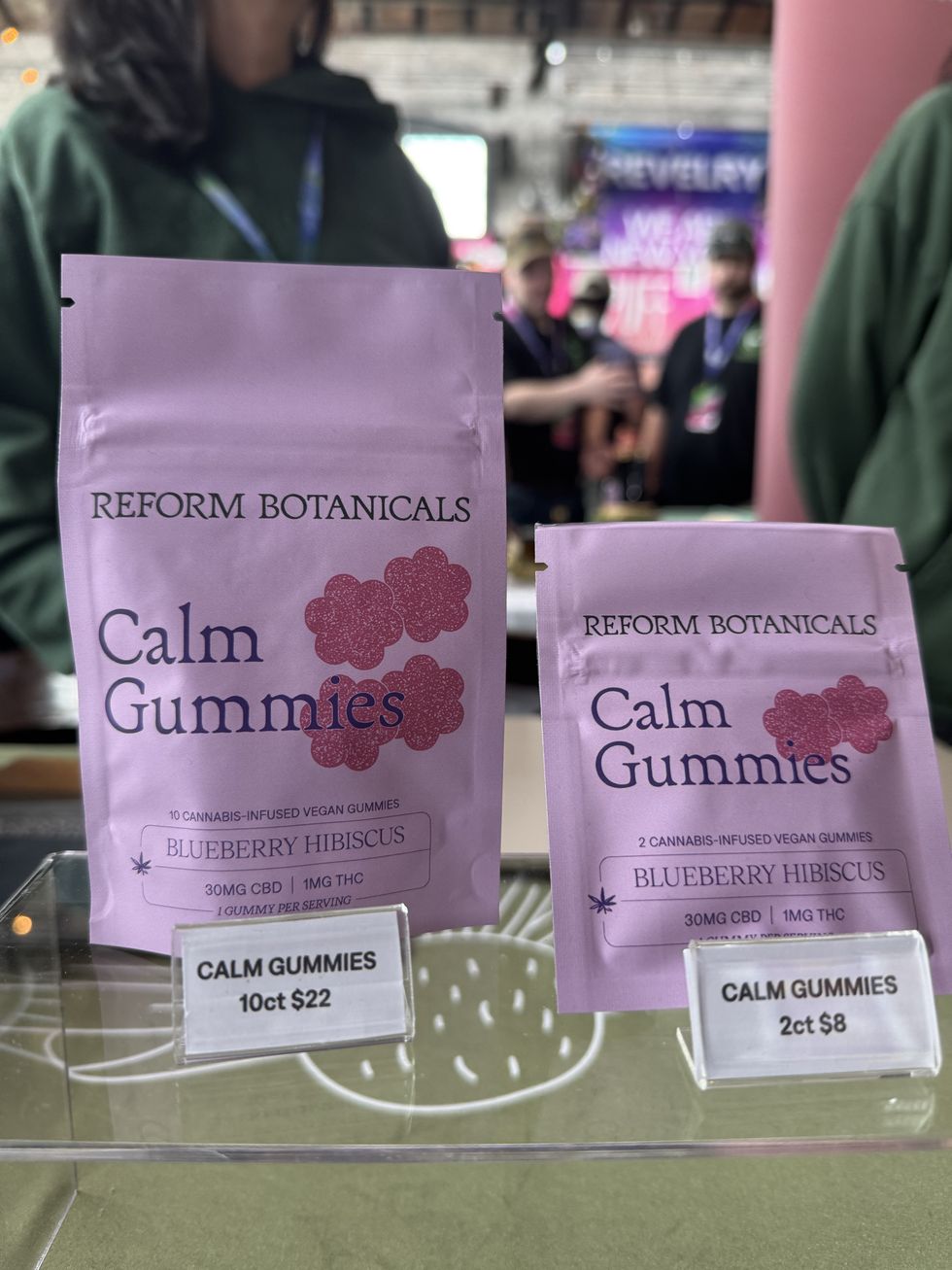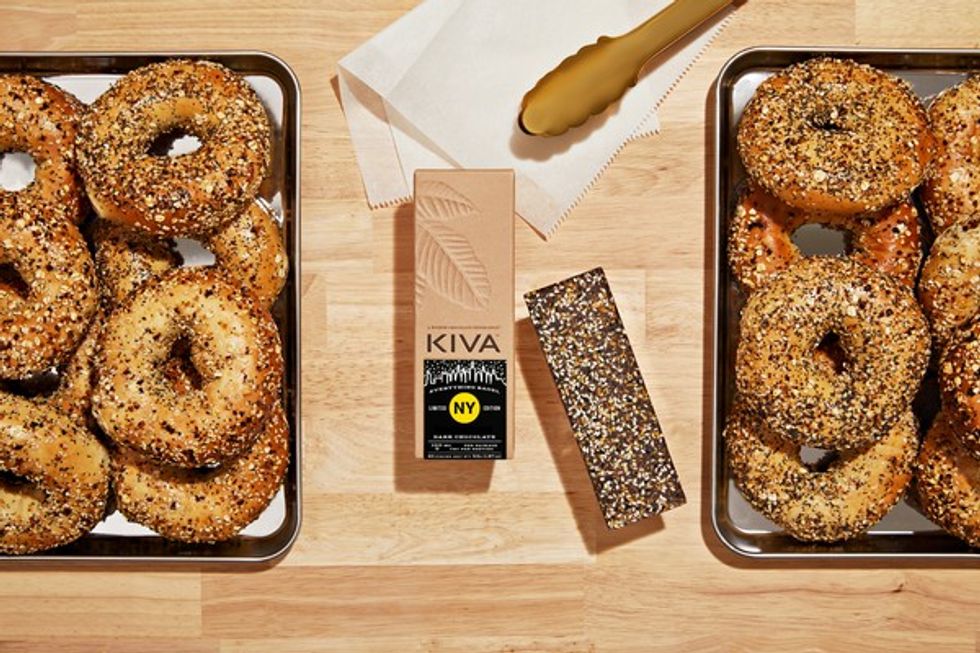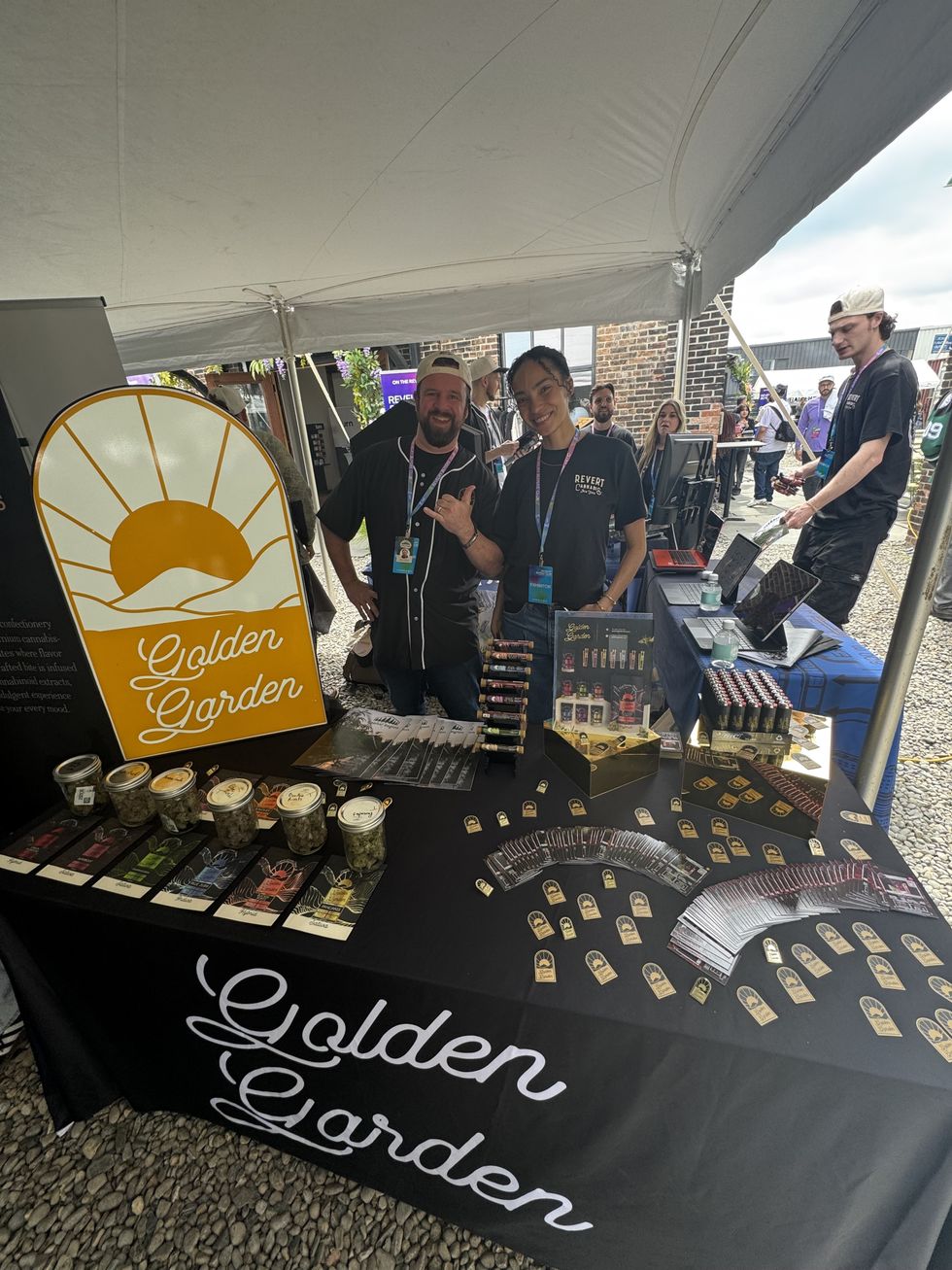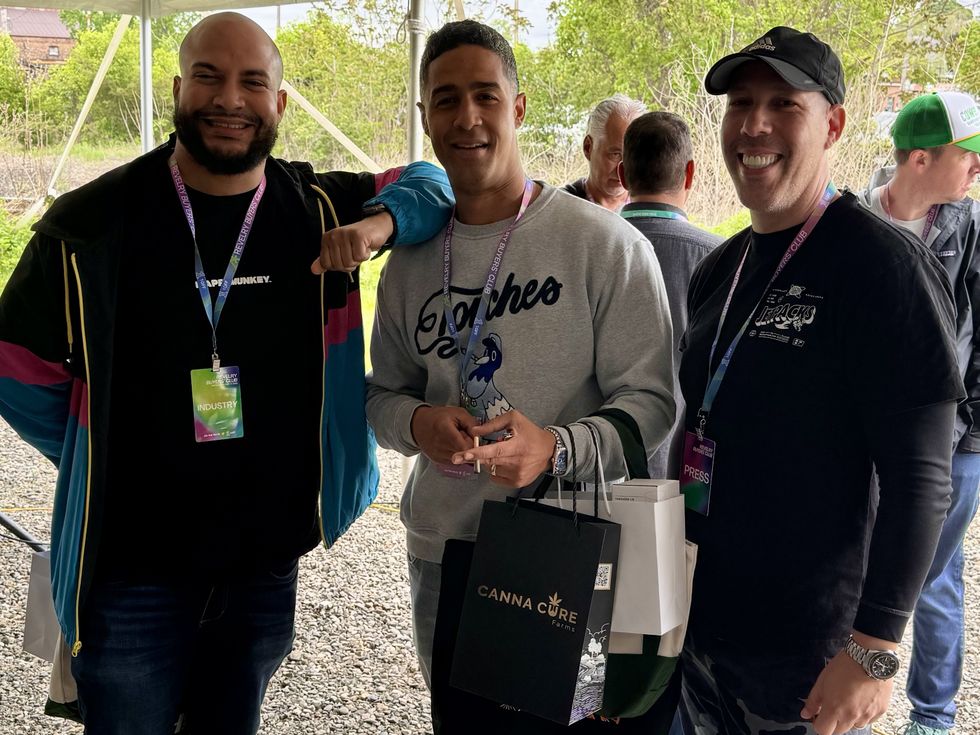Instagram has long touted itself as a community-safe, family-friendly platform—but that claim rings hollow for cannabis and psychedelics advocates who’ve watched their educational, legal, and medically backed content get flagged, shadowbanned, or permanently erased. Meta may also restrict certain features such as commenting or sharing for accounts that violate its policies. Meanwhile, videos glorifying violence and sexual exploitation flood Explore pages like sponsored content from hell.
This isn’t content moderation. It’s targeted censorship masquerading as public safety. Harmful content and other content, including video, often remain on the platform despite moderation efforts. For example, an account sharing harm reduction information about psychedelics may be removed, while posts depicting graphic violence or explicit sexual content are left untouched.
Welcome to the Big Top: Introduction to Social Media Censorship
Step right up to the greatest show online—where the rules are made up, the stakes are high, and the ringmasters are algorithms you’ll never meet. Social media censorship isn’t just a buzzword; it’s a daily reality for cannabis businesses, brands, and anyone daring enough to challenge the status quo. As the cannabis industry grows, so does the scrutiny it faces on platforms like Facebook and Instagram. What started as a promise of free expression has morphed into a minefield of content moderation, where a single post can mean the difference between reaching potential customers and vanishing into digital oblivion.
For cannabis businesses, the challenge is twofold: not only must they navigate ever-shifting community guidelines, but they also have to stay ahead of the curve with smart keyword research and local SEO strategies. The context is constantly changing—one day your content is celebrated, the next it’s shadow banned or outright deleted. Meta’s recent move to swap out professional fact checkers for user-generated “community notes” only adds another layer of unpredictability, making it even harder to maintain visibility in a crowded media landscape.
In this circus, every business, user, and post is under the spotlight. Understanding the nuances of social media censorship is no longer optional—it’s essential for survival in the cannabis industry. By staying informed, optimizing your content, and leveraging every tool at your disposal, you can keep your brand in front of the audience that matters most.
The Crackdown Continues: Now Psychedelics Are in the Crosshairs
Over the past several months, Meta has quietly suspended numerous psychedelics-related accounts, including institutions like the U.C. Berkeley Center for the Science of Psychedelics and community groups like Moms on Mushrooms. Accounts have been banned, reinstated, and banned again—with little explanation, no transparency, and certainly no accountability.
Even when Meta finally admits it “made a mistake,” as it did after banning the Instagram accounts for Psychedelic Science and the Psychedelic Assembly, it offers little comfort. As founder Kat Lakey put it: “I’m relieved, but also nervous about posting anything psychedelic-related right now in case it causes the account to get deleted again.” Translation: Post at your own risk, even if it’s legal, medically relevant, or part of public discourse. Users face the risk that content they have posted may be removed or flagged without warning, regardless of its legality or intent.
This kind of whiplash enforcement is beyond punitive—it’s a chilling message: If you’re talking about cannabis or psychedelics, you’re never truly safe on Meta’s platforms, even when you’re doing everything by the book. For instance, there was a campaign created to address account suspensions, but that campaign itself was removed by the platform.
Users reported these issues to Meta, but found it challenging to receive clear answers or remedies.
Meta’s Message: Legally Sanctioned Plant Medicine Is Dangerous, But Sexually Explicit Content and Assault Are Fine
What makes all this so infuriating is not just the censorship—it’s the flagrant double standard. Instagram is perfectly fine pushing half-naked influencers and hyper-violent content to its 2.4 billion users. Its algorithm rewards rage, sex, and spectacle. You’ll never see a “community guideline violation” for an account that posts exploitative thirst traps or fight compilations. But if you post about microdosing for PTSD? Deleted. Comments related to sensitive topics, such as support for Palestine or calls for evidence, are often removed or hidden, further demonstrating the platform's approach to moderation.
The hypocrisy is staggering. Meta claims its cannabis and psychedelics policies exist to “keep the community safe.” Meanwhile, a Wall Street Journal report found that Instagram hosted ads for cocaine and opioids—content that’s not just “unsafe,” but outright illegal. Advertising revenue and the desire to attract advertisers often influence moderation priorities, leading to inconsistent enforcement.
Let that sink in. Meta profits off clickbait pushing dangerous narcotics, but will permanently ban a mother sharing her experience with psilocybin for postpartum depression. Political pressure also plays a significant role in shaping Meta's moderation policies, especially regarding cannabis, marijuana, and psychedelics, as governments and advocacy groups push for stricter or more lenient content regulation.
Let’s be clear—this is not a critique of body positivity. There’s absolutely nothing wrong with people celebrating their bodies or expressing themselves authentically. But the content dominating Instagram’s algorithm isn’t just body-positive—it’s sexually explicit, often skirting the edges of pornography, and in some cases, blatantly crossing the line.
These aren’t empowering posts about self-love; they’re sexually-explicit content engineered for clicks, engagement, and sexual gratification, often pushed to young users via Explore feeds and recommendation algorithms. The fact that this kind of material gets algorithmic amplification while legal, educational cannabis or psychedelics content gets buried or banned shows exactly where Instagram’s priorities lie. This censorship impacts users' freedom of expression, especially for those advocating for cannabis, marijuana, or psychedelics. Users often experience multiple forms of restriction, such as content removal, shadow banning, and feature limitations, when discussing these topics. Meta may opt to enforce or relax certain policies depending on external factors, including political and market pressures. Moderation tools are often intended to target specific types of content, which can disproportionately affect posts about cannabis, marijuana, or psychedelics. For cannabis businesses, social media use presents unique challenges due to these restrictions, making it difficult to market products responsibly. The legal status of cannabis, particularly marijuana, has evolved significantly, with Canada becoming the second country to fully legalize it, impacting the global market and influencing how platforms approach related content.
What changed at Meta in 2025—and why it matters
Meta formally announced U.S. testing of Community Notes in March 2025 after signaling in January that it would end the domestic third-party fact-checking program. Notes add context without the distribution penalties associated with earlier fact-check labels, a shift that critics say may reduce friction on some false content while leaving drug-policy enforcement to opaque automated systems.
Meta’s own feature page confirms the rollout; independent outlets (AP/Reuters) pegged public testing to mid-March. The company says Notes are “less biased” than the program they replace; oversight and press watchers counter that the change arrived quickly, with limited transparency.
What Meta’s rules actually say about cannabis and psychedelics
Under Restricted Goods & Services, Meta prohibits buying/selling or coordinating transactions for non-medical drugs and paraphernalia. It explicitly allows content that debates legality or discusses scientific/medical merits, including news and PSAs. That carve-out is central for health educators and licensed brands operating in legal markets.
Understanding Shadow Banning: The Invisible Muzzle
If you’re a cannabis business trying to make waves on Instagram or Facebook, you might feel like you’re shouting into the void—posting, sharing, and engaging, only to watch your reach mysteriously evaporate. Welcome to the world of shadow banning, Meta’s favorite invisible muzzle.
Instagram doesn’t use the word shadowban however. The operational state is “not eligible for recommendations,” which limits exposure in Explore and other discovery surfaces while leaving posts visible to followers. Users can check Account Status and review the Recommendations Guidelines to understand and remediate issues.
Regardless of what they do or don't call it, Shadow banning is the digital equivalent of being put in social media time-out without ever being told what you did wrong. Your account isn’t deleted, but your posts quietly vanish from search results, hashtags, and feeds. For cannabis brands and companies in the cannabis industry, this isn’t just frustrating—it’s a direct threat to visibility, engagement, and ultimately, revenue.
The problem is compounded by Meta’s notoriously opaque content moderation. The oversight board has admitted that their policies can be overly broad, sweeping up legitimate cannabis content in the same net as hate speech or violence. Many users have reported being shadow banned simply for using certain keywords or hashtags—sometimes without even realizing those terms were on Meta’s ever-growing list of banned hashtags.
For cannabis businesses, the stakes are even higher. Strict regulations already limit how you can market your products and services. Add in the risk of shadow banning, and suddenly your ability to reach potential customers is severely restricted. It’s a common challenge: you post educational content, share information about your company, and engage with followers, only to see your engagement plummet with no explanation.
So how do you fight back? Start with smart keyword research. Identify which hashtags and keywords are safe to use, and steer clear of those associated with hate speech, violence, or other restricted topics. Local SEO is another powerful tool—by optimizing your website content and social media profiles for your specific market, you can reach potential customers even if your posts aren’t going viral.
But it’s not just about avoiding the wrong words. Spammy practices—like buying likes, comments, or followers—can also trigger a shadow ban. Instead, focus on high-quality content and authentic engagement. Respond to comments, build trust with your audience, and keep your marketing practices above board.
There are also tools and services designed to help cannabis businesses navigate these murky waters. Some companies offer analytics to detect if you’ve been shadow banned, while others provide up to date insights on banned hashtags and best practices for staying visible. Staying informed and adapting your strategy is key to success in this ever-changing landscape.
In the end, shadow banning is just one more hurdle in the cannabis industry’s ongoing battle for free expression online. By understanding the context, using smart SEO strategies, and engaging meaningfully with your followers, you can reduce your risk—and make sure your voice isn’t silenced by Meta’s invisible hand.
Fact Checking and Transparency: Who Watches the Watchmen?
In the world of social media, fact checking is supposed to be the safety net that keeps misinformation at bay. But what happens when the net is full of holes—or worse, handed over to the crowd? Meta’s shift toward user-driven “community notes” has sparked serious concerns about the reliability and transparency of content moderation. The Oversight Board has openly criticized this move, warning that it could undermine the integrity of fact checking and leave businesses vulnerable to arbitrary enforcement.
For cannabis businesses, this lack of clarity is more than just a headache—it’s a direct threat to credibility and reach. When fact checking becomes a popularity contest, educational posts and videos about cannabis can be flagged or buried, regardless of their accuracy or value. That’s why it’s crucial for businesses to be proactive: create robust website content, share informative videos, and always be aware of the latest changes in Meta’s moderation practices.
Building trust with your audience means being transparent about your sources and intentions. By prioritizing education and clear communication, cannabis brands can position themselves as reliable voices in an industry often clouded by misinformation and stigma. The challenges are real, but so are the opportunities for those willing to lead with integrity and knowledge.

Real Harm, Real Costs
Instagram’s erratic, opaque moderation isn’t just an inconvenience—it’s a serious economic and social liability for small businesses, researchers, and advocacy organizations. For cannabis dispensaries and psychedelic educators, Instagram is often the single most important channel for reaching adult consumers. When that gets shut down, it’s not just a hit to engagement—it’s a hit to livelihoods. To build credibility and trust, businesses rely heavily on reviews and customer feedback, which are crucial for reputation management and local SEO.
Gina Vensel, co-founder of the Plant Media Project, has already collected nearly 60 cases of psychedelic accounts being removed or shadowbanned—most with vague, copy-paste justifications that cite “community guidelines” but explain nothing. The data she has gathered helps determine the true impact of content moderation on these communities and provides insight into the scope of the issue.
This level of inconsistency—where enforcement is algorithmic, appeals are arbitrary, and punishment is more severe for cannabis content than softcore porn or digital street fights—makes one thing crystal clear: Meta’s concern isn’t user safety. It’s optics. And cannabis and psychedelics are easier to scapegoat than sex or violence, which drive far more engagement. Businesses face common challenges and challenges in navigating these policies, including increased competition, regulatory restrictions, and the risk of sudden account removal. Complying with the platform's terms of service is essential to avoid penalties such as shadow bans or content removal.
When appealing moderation decisions, it is important to provide additional information—such as screenshots, platform notifications, and engagement data—to support your case and ensure a thorough review.
Is there evidence of inconsistent enforcement beyond cannabis?
Yes. In 2024, the Wall Street Journal and the Tech Transparency Project found Meta had approved ads that linked to marketplaces for illegal drugs; lawmakers demanded answers. Meta says such ads violate policy, yet they ran. That’s the kind of enforcement miss that erodes trust—especially when legitimate educational content is removed.

The Real Problem: Algorithmic Idiocy and Cultural Lag
At the core of this chaos is Meta’s lazy reliance on AI-powered moderation. These bots can’t tell the difference between a research abstract on psilocybin and a crack dealer’s come-up reel. As a result, the system overcorrects, targeting legitimate voices while letting the algorithm-juicing shock content slide right through. Fact checking and reviewing moderation decisions are crucial to ensure accuracy and fairness in this process.
Managing connected apps and adjusting account settings can help troubleshoot moderation issues, but users often lack clear guidance. It’s essential to set clear guidelines for content and moderation to avoid confusion and ensure compliance.
Worse, the policies underpinning this enforcement are rooted in outdated, prohibition-era stigmas that haven’t caught up to the laws or the science. Cannabis is legal for medical or recreational use in dozens of states and countries. Psychedelics are being studied—and in some places decriminalized—for their therapeutic potential. But Meta still treats all of it like black-market contraband.
For cannabis businesses, optimizing websites and maintaining a compliant site are vital for a strong online presence. Creating tailored content helps reach potential customers and improve visibility. Meta’s moderation practices also differ from those of other platforms, which are shifting their approaches to content moderation and transparency.
Education and Awareness: Fighting Back with Knowledge
When it comes to social media censorship, knowledge isn’t just power—it’s your best defense. Cannabis businesses and users who understand the ins and outs of community guidelines are far better equipped to avoid the pitfalls of shadow banning and content restrictions. Staying up to date with the latest rules and trends in content moderation is essential for anyone looking to build trust and maintain a strong presence on platforms like Instagram and Facebook.
Tools like Instagram’s Account Status feature can help users determine if their account has been restricted or shadow banned, giving them the information they need to adapt their strategies. Sharing accurate information, educating your audience, and being transparent about your business practices are all key to building a loyal following—even in the face of censorship.
The challenges are real, but so are the rewards. By staying informed, using the right tools, and fostering open communication, cannabis businesses can not only survive but thrive in the ever-evolving world of social media. Remember: the more you know, the harder it is for Meta’s invisible hand to silence your voice.
What creators and licensed operators can do now
- Audit eligibility: Use Account Status to check if your account is not eligible for recommendations; resolve listed items before appealing.
- Separate education from commerce: Keep pricing, ordering, and DM-to-buy off-platform; concentrate transactions on owned channels. In-post, cite reputable sources to strengthen the “education/news” framing the policy allows.
- Appeal with evidence: Include screenshots, timestamps, and a short note quoting the policy’s education carve-out. Reference erroneous-ban coverage if relevant to show pattern, not just anecdote.
- Own your distribution: Build email and search moats (FAQ schema, glossary, local landing pages). Republish short explainers on your site; share platform-native teasers pointing back to full resources.
- Monitor the Notes era: Track if Community Notes appear on your posts and whether they affect reach; the system is expanding and policies are fluid.
Technical Considerations: The Hidden Levers of Control
Behind every post, comment, and hashtag lies a complex web of algorithms and automated filters—Meta’s hidden levers of control. For cannabis businesses, understanding these technical considerations is crucial to staying visible in search results and reaching potential customers. Automated content moderation can flag or suppress posts without warning, making it essential for businesses to optimize their website content and social media strategies with precision.
Common challenges include sudden drops in engagement, unexplained content removals, and the ever-present risk of being shadow banned. Staying aware of these pitfalls—and how to avoid them—can make all the difference. Companies like Coalition Technologies now offer specialized services for the cannabis industry, from SEO-focused website redesigns to seamless site migrations, helping businesses navigate the digital landscape with confidence.
The key is to stay informed and agile. By leveraging technical expertise, monitoring your site’s performance, and adapting to new practices on social media platforms, cannabis businesses can maintain visibility and continue to grow—even as the rules of the game keep changing. In this high-stakes environment, those who master the technical side of content moderation will always have the upper hand.
Time to Cut the Crap
Instagram can't have it both ways. You can't claim to be a platform for community, culture, and education while silencing some of the most impactful conversations in health and science—just because they don't fit your ad-safe narrative.
If Meta is serious about building trust, it needs to start with three things:
- Transparency – Clearer guidelines and explanations when accounts are flagged.
- Consistency – If you're going to police cannabis and psychedelics, you better be policing sex and violence with the same energy.
- Human Oversight – AI isn't cutting it. Content with medical, scientific, or cultural relevance needs real review—not bot-triggered bans.
Until then, cannabis and psychedelics will remain second-class citizens in Meta's digital empire—legal offline, but treated like contraband online. And that's not just hypocritical. It's dangerous.


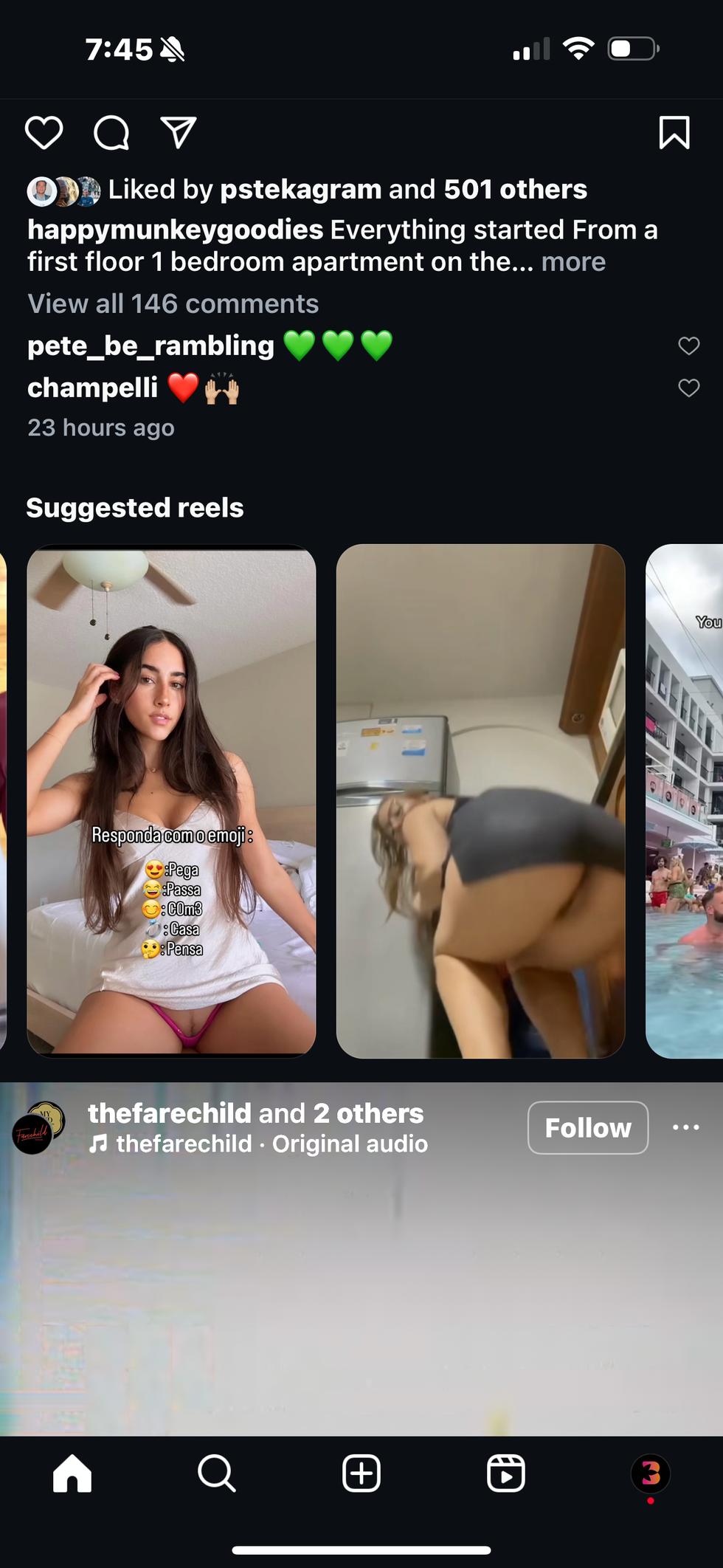



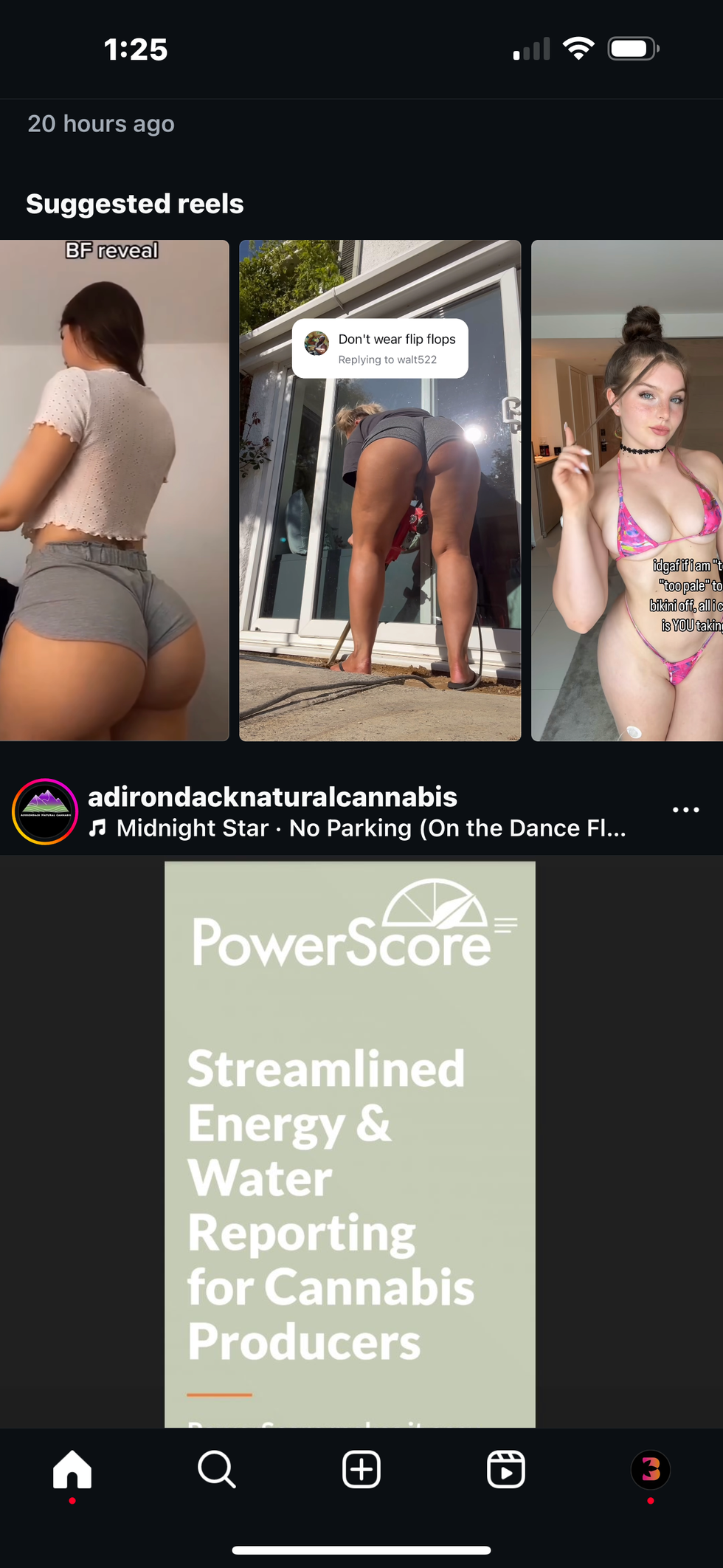
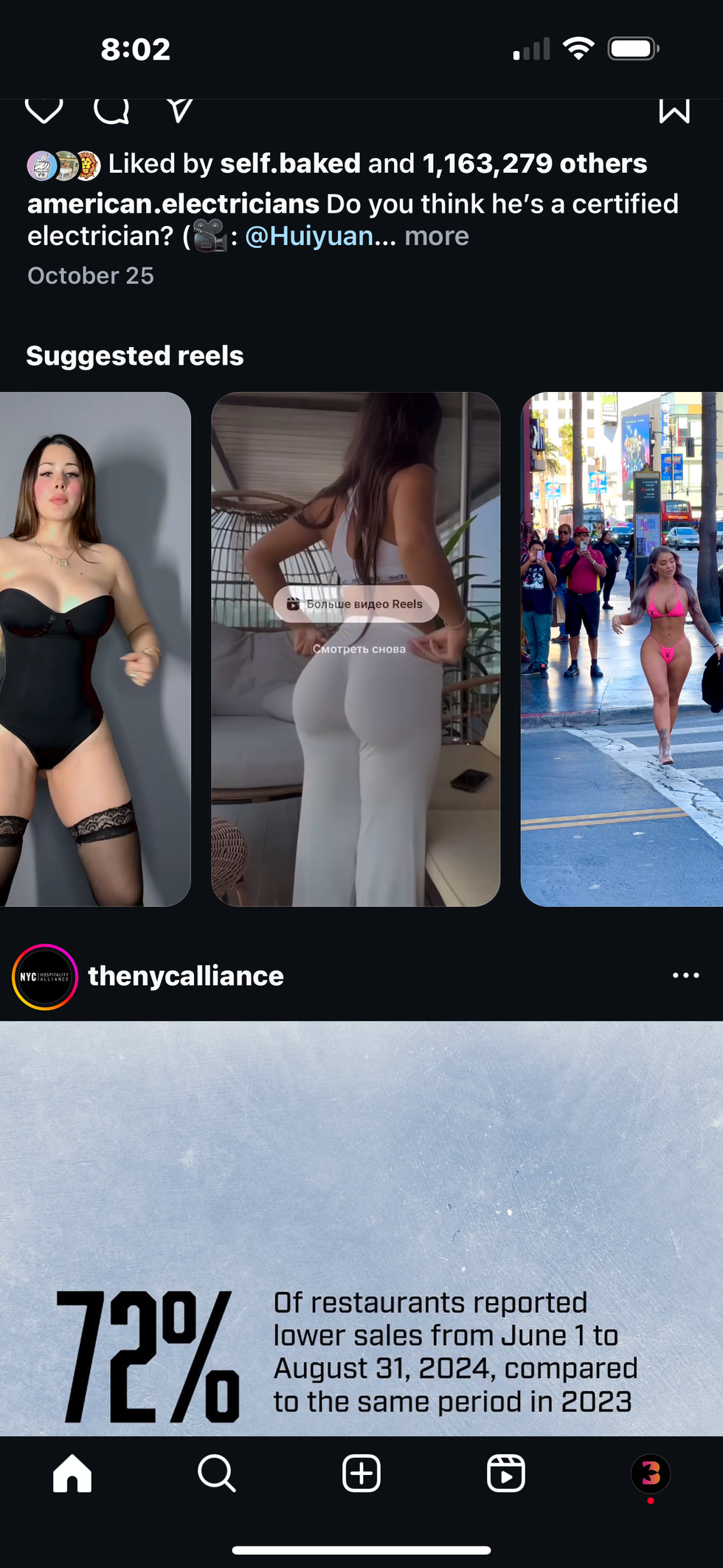


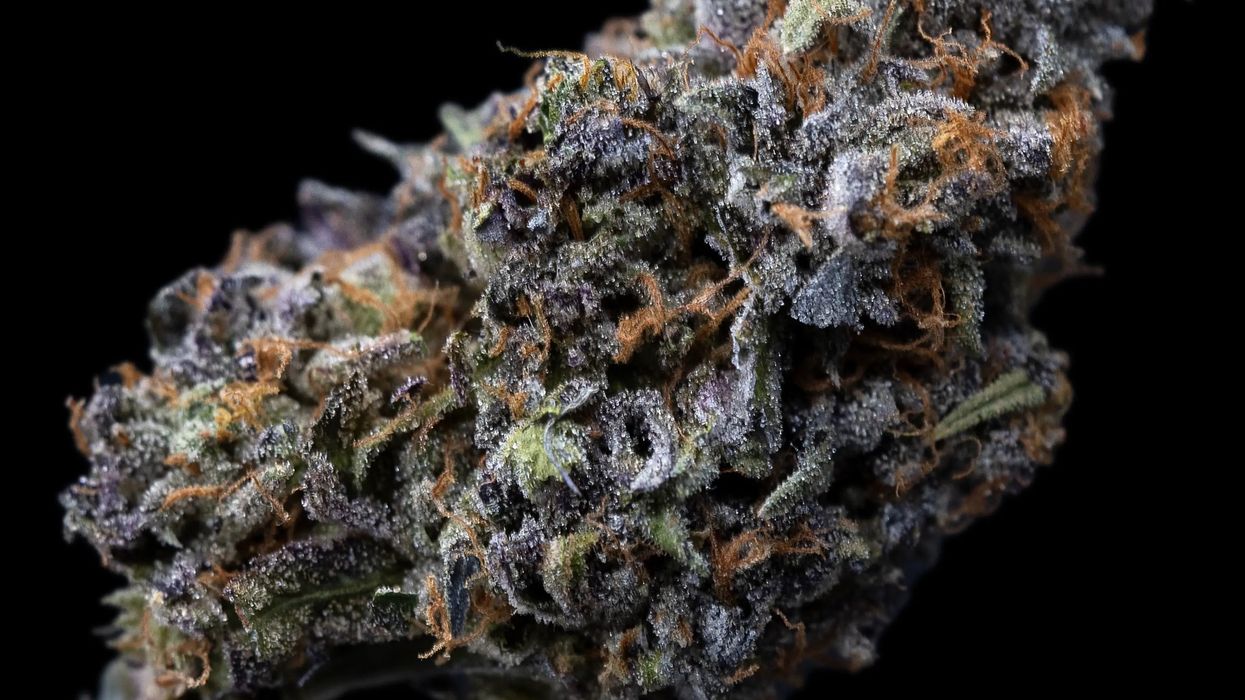



 Can Drug Dogs Smell Edibles? - The Bluntness
Photo by
Can Drug Dogs Smell Edibles? - The Bluntness
Photo by  Can Drug Dogs Smell Edibles? - The Bluntness
Photo by
Can Drug Dogs Smell Edibles? - The Bluntness
Photo by 

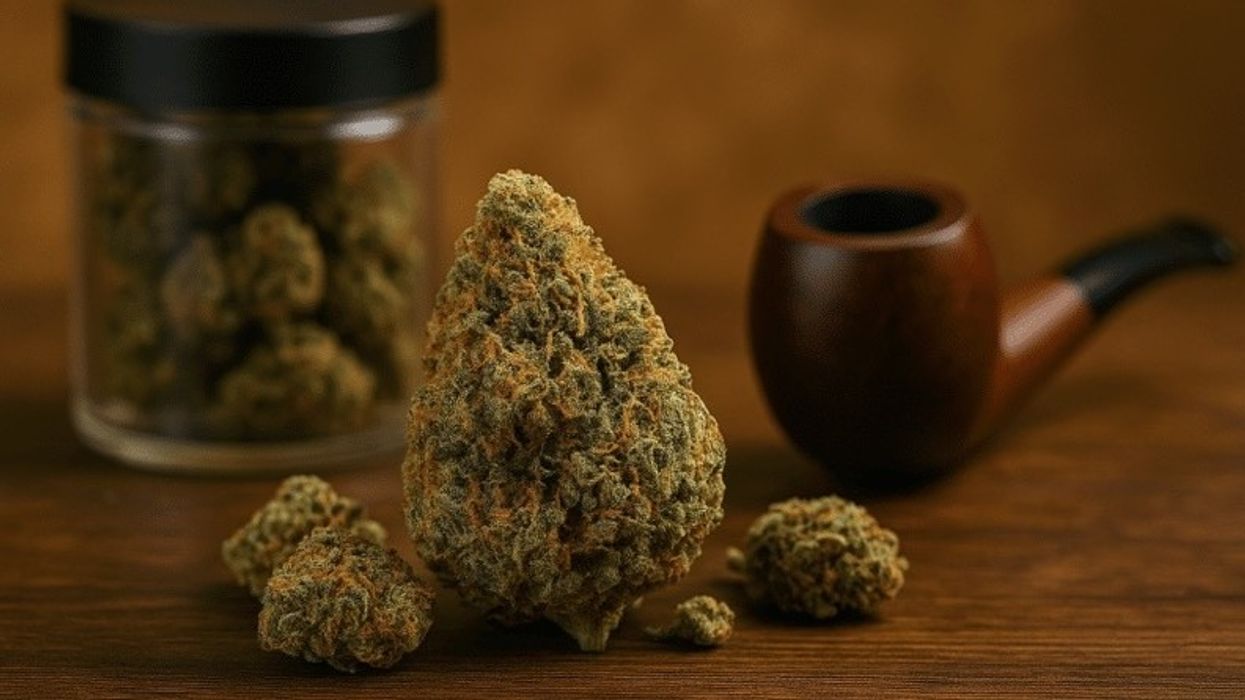
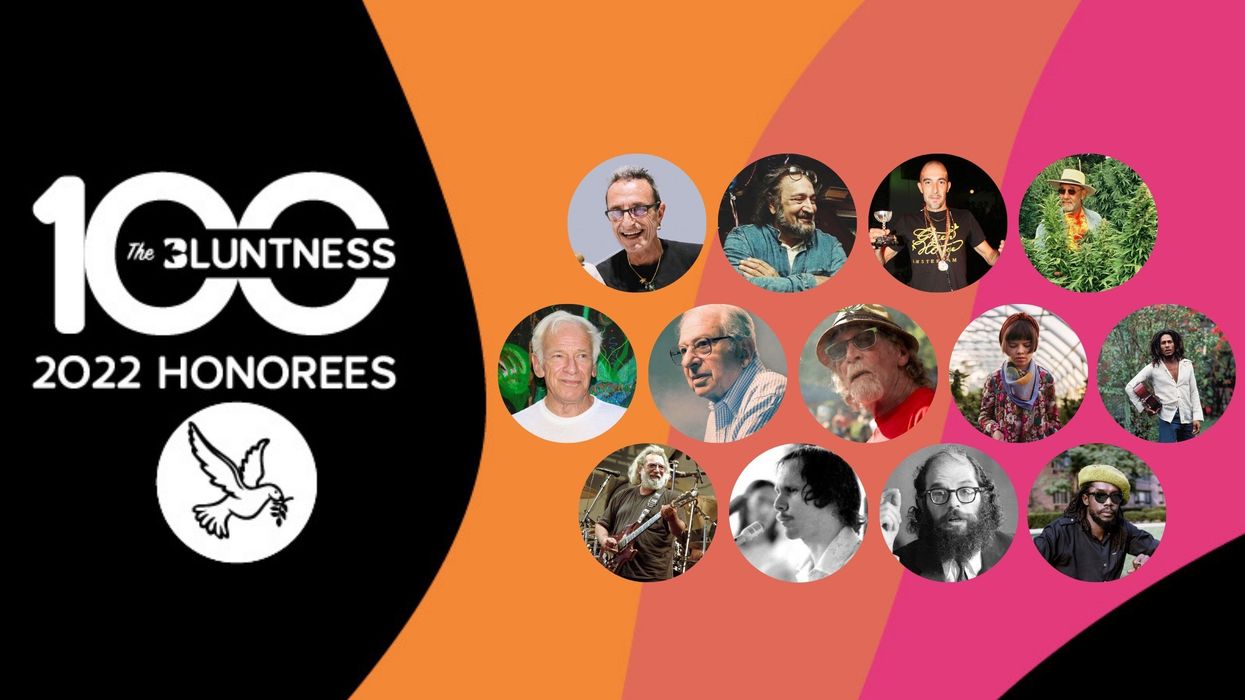



 How to Store Magic Mushrooms
How to Store Magic Mushrooms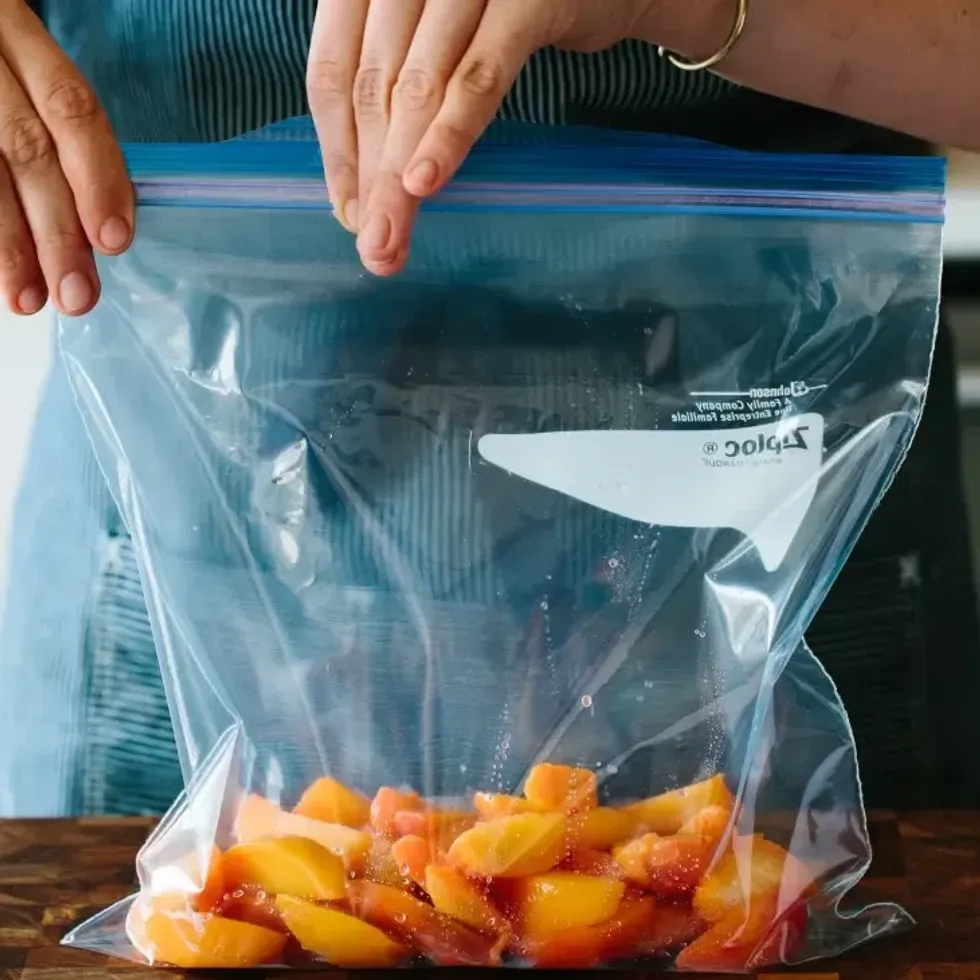 How to Store Magic Mushrooms
How to Store Magic Mushrooms How to Store Magic Mushrooms
How to Store Magic Mushrooms How to Store Magic Mushrooms
How to Store Magic Mushrooms How to Store Magic Mushrooms
How to Store Magic Mushrooms
 How to Make a Cannagar Without a Mold: A Comprehensive Guide - The Bluntness
Photo by
How to Make a Cannagar Without a Mold: A Comprehensive Guide - The Bluntness
Photo by 